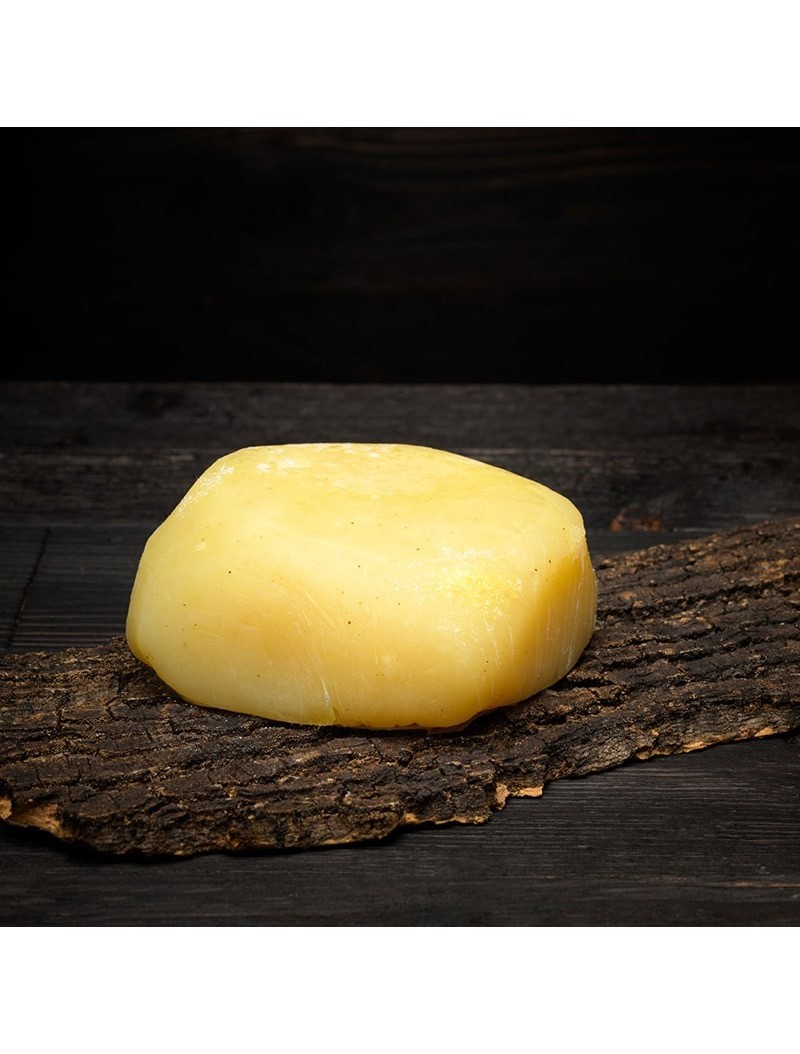


A very ancient product, born in Valle Aurina and then spread to the valleys connected to it, such as Selva dei Molini and Rio Bianco. Graukäse is a raw cow's milk cheese that is part of the Sauerkäse group, specialties of the Tyrolean Alpine arc that coagulate without the use of rennet, but thanks to the acidification of the milk (acid or lactic curd).
The paste has a particular consistency: it is not completely compact and in some cases tends to be crumbly, greasy, crossed by cracks and fissures, considered completely regular for this type of cheese (in general, lactic curds tend to have a less compact paste).
Curiosity: This is an ancient product. The first source that testifies to the existence of this product dates back to 1325, with the registers of Castel Badia (Sonnenburg), which list the local preparations to be produced for the Tyrolean nobility, among which Graukäse is also mentioned, in particular that of Rio Bianco, considered the best at the time.
Its name in German, literally gray cheese, derives from the color of the mold, although several sources claim that it could also be linked to the word grab, coarse, with a reference to its particular consistency.
Graukäse from Valle Aurina is one of the leanest cheeses, if not the leanest in the world: the fat content on the dry residue does not exceed 2%, which gives the product a content of about 150 calories per 100 grams. A characteristic due to the type of raw material used to produce it: the residual milk from butter processing.
Uses and pairings: Graukäse is used to prepare dumplings and is particularly pleasant with Schüttelbrot tagliatelle. However, the timeless combination of Graukäse is the one that sees it as the protagonist together with vinegar and raw onions. It is perfectly at ease with summer vegetables (eggplants and courgettes especially), with pears in particular the William variety, with onion chutneys and green tomato mustards, up to the most modern and “risky” combinations such as with raw fish or sushi.
Raw milk cheeses are the absolute excellence of the dairy world. In this case, the milk is not filtered and is not heat-treated. Raw milk cheeses are therefore extremely rich in vitamins (especially A, C and D) and proteins. Easy to digest and rich in nutritional properties. Furthermore, in terms of organoleptic properties, they are much tastier and particularly aromatic.
The consumption of "raw milk" cheeses by preschool children, pregnant women, the elderly and immunocompromised people should be avoided.
Data sheet
You might also like